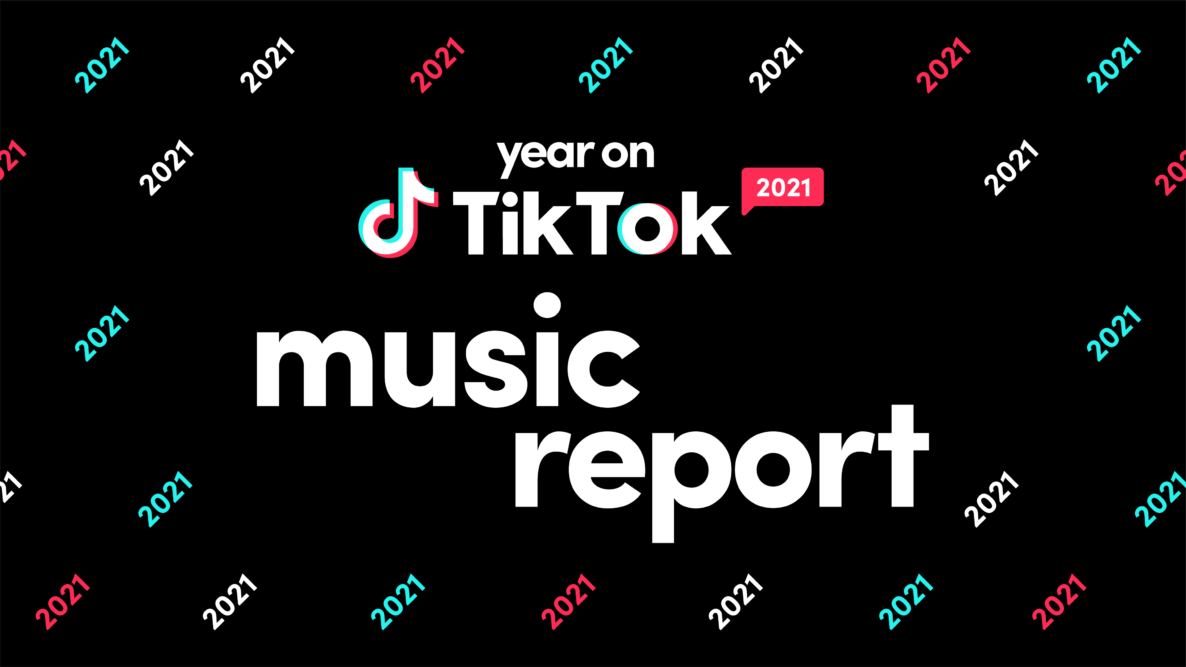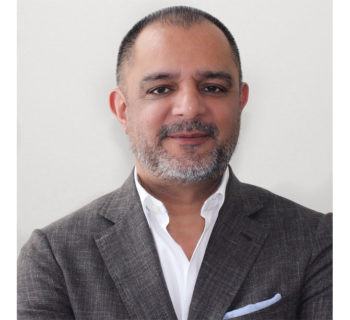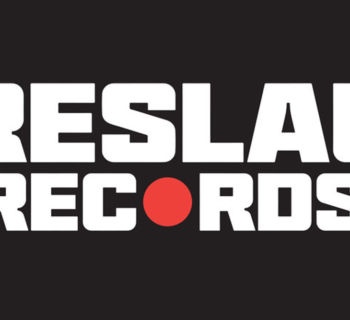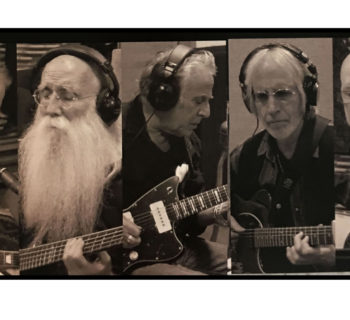SyncLove is a new channel from commercial music licensing platform SyncFloor that sees production professionals dive into their favorite moments in films and the scenes that changed the way they thought about music for picture.
For Heather Boyd, Vanilla Sky (2001; music supervisor: Danny Bramson) was a “career inspiring” film that “got me interested in sync and music supervision.” It’s also a powerhouse soundtrack of major names and music icons, including around 40 songs throughout the films, including some hidden tunes like Nirvana’s “You Know You’re Right” that were never actually cleared. (Legend has it Courtney Love handed it over to Cameron Crowe to tuck into the film.)
From its first moments, an eerie placement of Radiohead against fractured, seemingly looping montage, to its ethereal final scene, the film’s music enhances the film’s surreal atmosphere and emotional reality. A remake of the 1997 Spanish feature Abre Los Ojos (Open Your Eyes), Crowe and his music team completely reimagined how music could tell the story. “Music has a much more important role in Vanilla Sky versus Abre Los Ojos,” which had a more traditional, low-key score, Boyd notes.
 The contrast came thanks in part to Crowe’s amazing music team. Nancy Wilson, the composer for the film’s score, created a collage of sounds to reflect the main character’s growing unease and confusion in specific scenes. Yet the music, especially the commercial tracks Bramson and Crowe included, underline the film’s aesthetic, the grounded and realistic cinematography, the linear, if strange storyline, that uncanny oddness that makes it hard to tell what is a dream, nightmare, or just a very bad night. The tracks feel both familiar and disturbingly strange.
The contrast came thanks in part to Crowe’s amazing music team. Nancy Wilson, the composer for the film’s score, created a collage of sounds to reflect the main character’s growing unease and confusion in specific scenes. Yet the music, especially the commercial tracks Bramson and Crowe included, underline the film’s aesthetic, the grounded and realistic cinematography, the linear, if strange storyline, that uncanny oddness that makes it hard to tell what is a dream, nightmare, or just a very bad night. The tracks feel both familiar and disturbingly strange.
Boyd is Head of Sync at Believe, the independent music distribution and artist services company based in Paris. She has just completed her first film as music supervisor, the quirky indie 2021 comedy Take Me to Tarzana, where she dived into clearing and licensing the right songs for the film. The process taught her a lot about the tension between indie storytelling ambition and the music it demands—and the tough road to licensing with resource constraints. “The director wanted huge songs with an indie budget and the majority of my job was just trying to get songs cleared that would never clear,” she recalls, “but I was still trying.”
Cameron Crowe didn’t face quite the same uphill climb, though clearing nearly four dozen commercial tracks by name artists 20 years ago is still a massive achievement, Boyd notes. Crowe had some clear advantages that went beyond blockbuster budgets: You can’t get that kind of soundtrack based on “budget alone. It's going to have so much to do with the relationships that he already had in place with artists and his reputation.” For example, Crowe discussed how he and Bramson wanted to infuse the film with a Beatles’ vibe and wound up getting a custom title track from Sir Paul McCartney himself.
Getting great songs and securing licenses is only one facet of music supervision, of course. The film excels at pinpointing that ambiguous moment between reality and dream, and then finding just the right music. Boyd points, for example, to the club scene, when Tom Cruise descends into a hellish evening of madness and violence to tracks by groups like Thievery Collective. “The club scenes are so uncomfortable,” Boyd notes. “The characters are just falling apart and you see this other version of [the main character] where he's so horribly unhappy and taking it out on friends and the love of his life.”
The club scene’s gut churning impact is balanced by cathartic, haunting scenes like the film’s final resolution, which reunites the lovers to the sound of beautiful tracks like Spiritualized’s “Ladies and Gentlemen” and Sigur Ros’ “Svefn-g-englar,” a song that helped break the band in the US. That track in particular stuck with Boyd: “It's minimalist, that building emotional, swelling sound, that's hopeful, but breaking your heart at the same.”
That swell of emotion has stuck with Boyd for years, even as she pursued her own career in music supervision. Though her perspective has changed, her appreciation of Vanilla Sky hasn’t. When asked by SyncLove host Kirt Debique what she might change in the film, Boyd replied: Nothing. “I would never even think about that! That's like trying to change one of your favorite childhood memories.”
Check out the podcast episode on SyncLove HERE.
SyncLove is sponsored by SyncFloor, where you can find inspiring music by real artists.
Want music that feels like Vanilla Sky in your next production?














